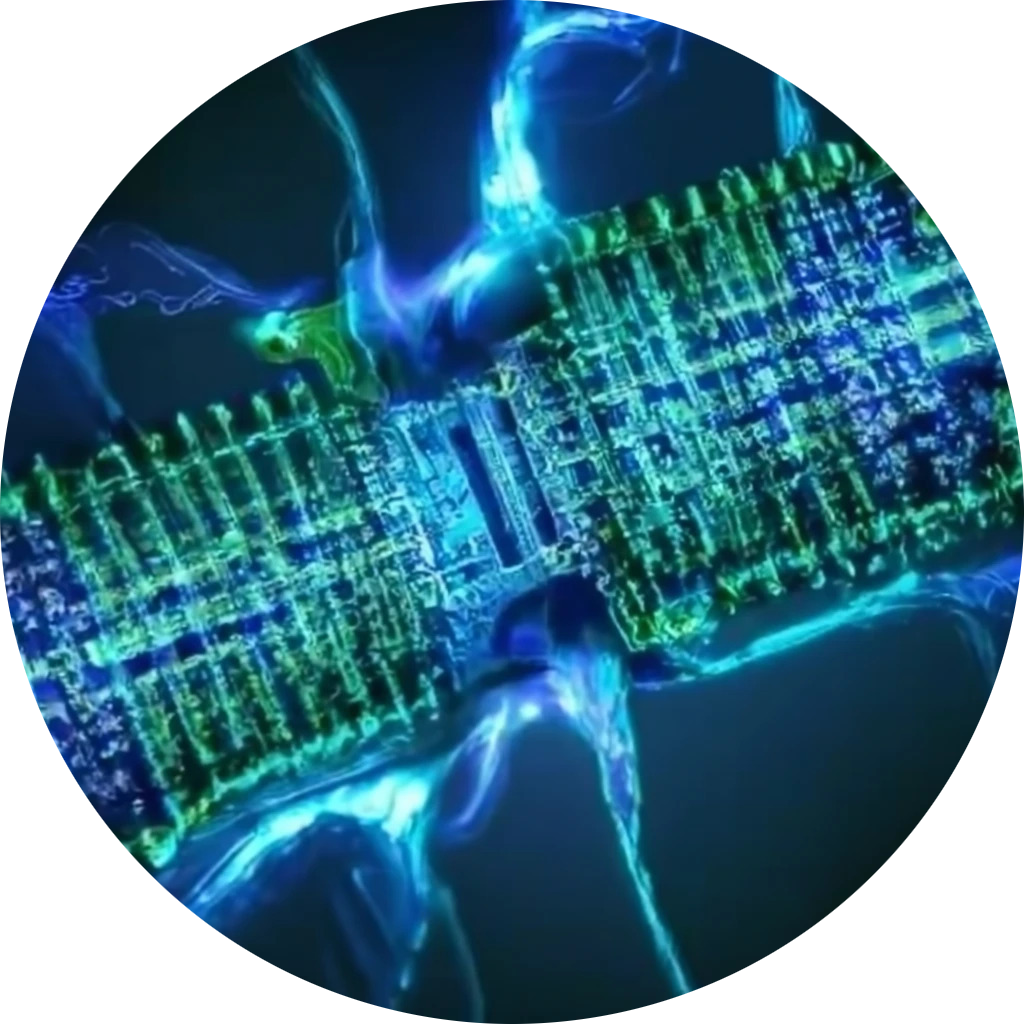Master Internship Offer
Supervisor : Germain PHAM |
Palaiseau (France), 2024-02-23 |
Email : dpham@telecom-paris.fr |
|
Phone : +33 1 23 45 67 89 |
|
Duration : 6 months |
|
Degree : Master |
|
Fields : (Computer Science, Electrical Engineering) Machine learning, Microelectronics |
|
Start date : 2024-04-01 |
| This position is already filled. |
Introduction
RRAM (resistive random access memory) is a promising technology for neuromorphic computing, which is a type of computing that is inspired by the human brain. Neuromorphic systems are able to learn and adapt to new information in a similar way to the human brain.
However, RRAM-based neuromorphic systems are still in their early stages of development, and there is a need for better simulation tools to help researchers design and optimize these systems.
This intership project is the continuation of the two mini-projects Training memristive network with NeuroSim (Project A) Simulation of an RRAM Device Using PySpice (Project B). The student that will be involved in this project will actually have to complete these two mini-projects (one during the mini-project period and the other during the internship period).

Project description
The goal of this project is to use PySpice to simulate the training of a memristive-based neural network. The simulation framework developed in this project will enable researchers to simulate the training process of RRAM neuromorphic systems and to evaluate the performance of different training algorithms. During the project, we will investigate the performance of the backpropagation algorithm, which is the simplest training algorithm in neural networks and the Equilibrium Propagation algorithm, which is an alternative to backpropagation.
In this project, the student will have the opportunity to learn how to use PySpice to simulate RRAM-based neuromorphic systems. This will be a valuable skill to have, as open source simulators and workflows are likely to play an increasingly important role in the development of electronics systems. Furthermore, this project will provide the student with the opportunity to develop a valuable new tool for the neuromorphic computing community.
Required skills
This project requires a good knowledge of electrical engineering and Python programming.
-
Mandatory
-
Python programming experience (setting a virtual environment or
LD_LIBRARY_PATHorPYTHONPATH) -
C++ programming experience (compiling with non-standard libraries)
-
practical elements of
git -
SPICE language (at least ability to read a netlist)
-
Linux OS basics (usage of
terminalcommand lines)
-
-
Optional
-
Basic knowledge of Verilog-A
-
Basic knowledge of machine learning algorithms
-
Workplan (6 months)
Application
Please send your application to the internship supervisor (please see headings). Your application should include :
-
a CV,
-
a cover letter,
-
your academic records,
-
a recommendation letter from a professor or a previous internship supervisor.
Deadline for application: 1st March 2024.
Upon reception of your application, we will contact you for an interview. The interview agenda is usually as follows :
| Duration | Activity |
|---|---|
15 min |
Presentation of the candidate’s academic (and professional) background to highlight the skills, experiences and any element relevant to the internship |
15 min |
Presentation of the internship project and the host team by the supervisor |
15 min |
Open discussion |
10 min |
Short test on either signal processing or Matlab programming |
10 min |
Discussion on the short test |
Location
School
Télécom Paris trains its students to innovate in today’s digital world. Its training and research cover all fields of information and communication sciences and technologies with a strong societal foundation in order to address the major challenges of the 21st century. Its offers engineering, PhD and professional degree programs, with international students accounting for 55% of its student body. Its research offers original, multidisciplinary world-class expertise in nine strategic areas: Data Science and Artificial Intelligence — Visual and Audio Computing, Interaction — Digital Trust — Innovation Regulations — Transformation of Innovative Firms — Cyber-Physical Systems — Communication Systems and Networks — Mathematics and Applications — Uses, Participation, Democratization of Innovation.
As a founding member of Institut Polytechnique de Paris and an IMT (Institut Mines-Télécom) school, Télécom Paris is a living laboratory that fosters practical solutions and applications while measuring their impact on society.
Address: 19 place Marguerite Perey, 91120 Palaiseau, France
Hosting laboratory
Research team
The Circuits et Systèmes de Communication (C2S) team is internationally recognized for its ability to integrate digital intelligence into AMS and RF SoCs such as analog-to-digital converters (ADCs) or RF receivers for cognitive radio. By combining its expertise in the physical realization of the CMOS chip with its experience in signal processing and its knowledge of the other network layers for which LTCI’s skills are recognized, the group designs high-performance AMS and RF SoCs. The aim is to develop elements or "building blocks", enabling the system of connected objects to be interfaced on one side with the physical world via sensors, and on the other side with the system core via communications, in particular RF.
References
The literature review for this project will elaborate on the one done during the mini-project period. Please refer to mini-project A and mini-project B for more details.
FAQ
Will I be paid?
You will receive a stipend, the amount is approximately 350€/month.
How to accomodate my stay in France?
There are several student residences in the vicinity of the campus. Further information will be provided upon demand.